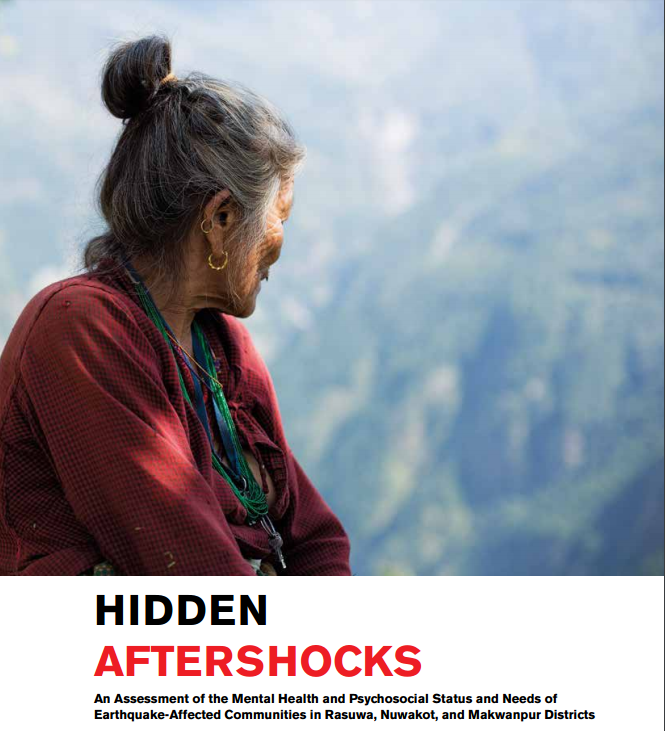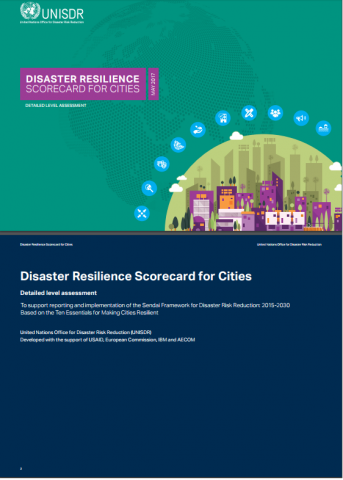COVID-19 Weekly & Bi-Weekly Updates – Evidence and Assessments
These documents are a summary of the risk, evidence, and assessment related to COVID-19. These are updated now on an ad-hoc basis pending emerging evidence and trends. Previous monthly, bi-weekly and weekly updates are located below arranged by year. All updates have been compiled from publicly available sources unless otherwise stated. Regular updates transitioned to […]
COVID-19 Weekly & Bi-Weekly Updates – Evidence and Assessments Read More »


